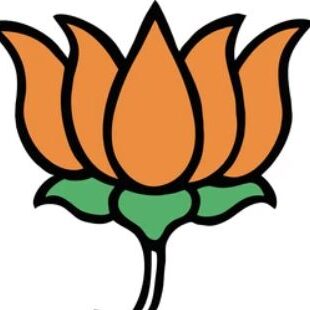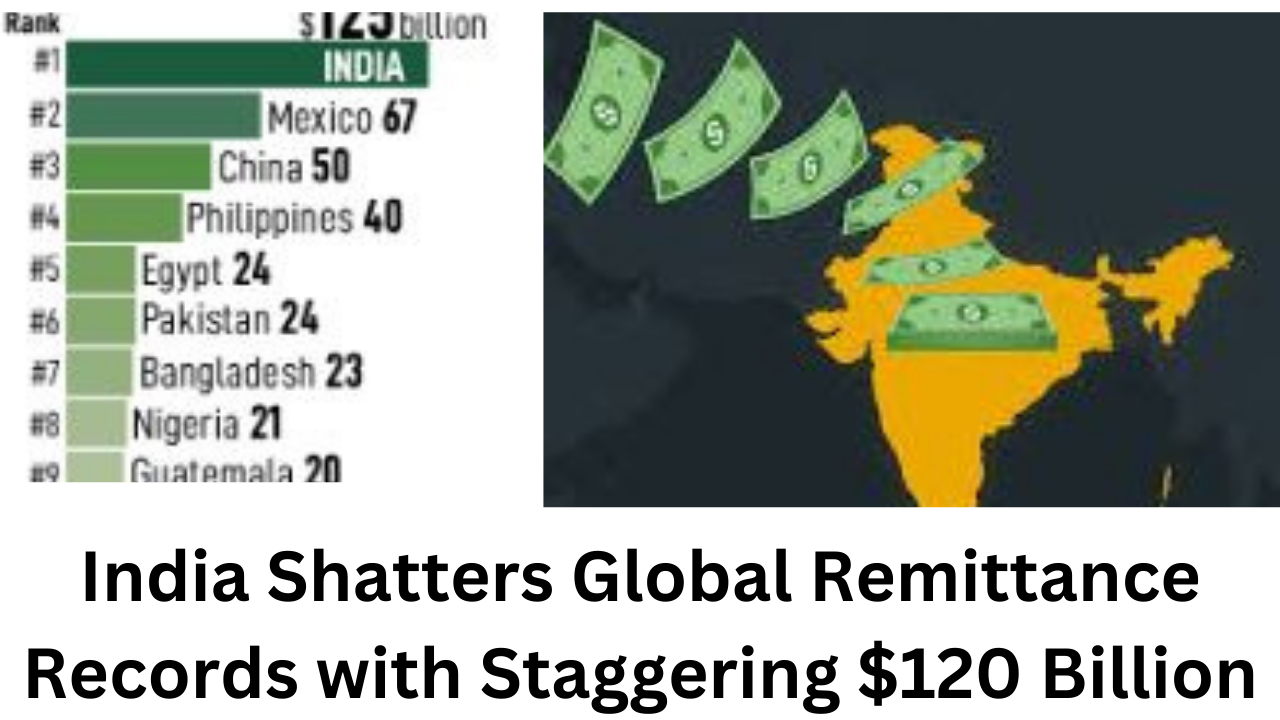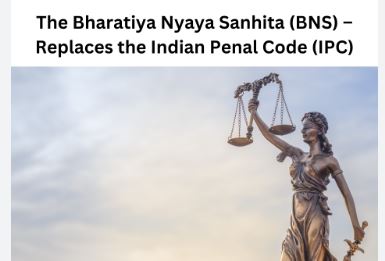Kangana Ranaut, a BJP MP, has criticized Rahul Gandhi, the Leader of the Opposition in the Lok Sabha, for his recent remarks in Parliament. Ranaut suggested that Gandhi should seek therapy, implying that his statements were inappropriate or concerning.
In her comments, Ranaut stated, “Rahul ji should immediately seek some therapy sessions. A lot of psychologists would agree that the pressure from the family/mother to be a certain way can be very damaging for a person’s mental health.” She further added, “This is not funny, Rahul ji should immediately seek therapy sessions.”
Ranaut’s remarks were in response to Gandhi’s speech in the Lok Sabha, where he allegedly made controversial remarks about Hindus. The BJP MP believes that Gandhi’s statements were inappropriate and potentially damaging to his mental health, suggesting that he may be under pressure from his family, particularly his mother, Sonia Gandhi, to behave in a certain manner.
However, it is important to note that Ranaut’s comments could be seen as an attempt to discredit Gandhi’s political stance and undermine his credibility. By suggesting that Gandhi should seek therapy, Ranaut may be implying that he is mentally unstable or unfit for public office, which can be a strategic move to weaken his position.
While mental health awareness is crucial, using it as a political tool to attack opponents can be problematic. It is essential to approach mental health issues with sensitivity and avoid stigmatizing language or making assumptions about an individual’s psychological state based on their political views or actions. Political discourse should focus on policy and governance rather than personal attacks that can perpetuate stigma around mental health.
In conclusion, Ranaut’s remarks about Rahul Gandhi highlight the need for a more respectful and issue-focused political debate. While criticism is a natural part of political discourse, it should be done in a way that does not exploit or trivialize important issues such as mental health.
In light of Ranaut’s comments, it is imperative to reflect on the broader implications of such statements within the political arena. Political leaders have a significant influence on public discourse, and their words can either contribute to a more understanding and empathetic society or reinforce negative stereotypes and stigmas.
Mental health remains a sensitive and often misunderstood topic. By suggesting that Rahul Gandhi needs therapy in a disparaging context, Ranaut risks perpetuating the notion that seeking mental health support is a sign of weakness or incompetence. This can deter individuals from pursuing the help they need due to fear of judgment or ridicule.
Furthermore, political leaders must be cautious in their rhetoric, ensuring that their critiques are grounded in policy differences and ideological debates rather than personal attacks. Constructive criticism should aim to improve governance and public welfare, rather than diminishing an opponent’s personal dignity.
In addressing controversial remarks made in Parliament, it is more productive to engage with the substance of those remarks directly. Political figures like Ranaut have a platform that could be used to foster a culture of constructive dialogue and mutual respect. By focusing on the content of Gandhi’s speech and presenting counterarguments rooted in facts and policy, she could contribute to a more informed and balanced political conversation.
Additionally, it is essential for the media and public to hold politicians accountable for the nature of their discourse. Elevating conversations around mental health, encouraging respectful debate, and challenging stigmatizing language are all crucial steps toward a healthier political environment.
In summary, while Ranaut’s remarks about Rahul Gandhi may have been intended as a critique, they underscore the importance of approaching political discourse with sensitivity and responsibility. By prioritizing respectful engagement and avoiding personal attacks, politicians can contribute to a more positive and productive political climate. This not only benefits individual leaders but also enhances the overall quality of democratic debate and governance.
Rahul Gandhi’s immaturity and frivolous speeches are common criticisms, but as the Leader of the Opposition (LoP), he should speak more responsibly. His role demands a higher level of seriousness and accountability, as his words carry significant weight in shaping public opinion and influencing national discourse.
The Leader of the Opposition holds a critical position in any democracy, tasked with scrutinizing government policies, presenting alternative viewpoints, and holding the ruling party accountable. This role requires a deep understanding of issues, thoughtful analysis, and a measured approach to public speaking. Irresponsible or flippant remarks can undermine the credibility of the opposition and distract from important policy debates.
Gandhi’s recent remarks in Parliament, which have drawn criticism from various quarters, highlight the need for more careful consideration of his statements. When addressing sensitive topics, especially those involving religious or cultural sentiments, it is essential to be precise and respectful to avoid unnecessary controversy and division.
As a prominent political figure, Gandhi’s speeches and actions set an example for his supporters and the broader public. Demonstrating maturity and a responsible attitude in his public addresses would not only strengthen his position as a leader but also contribute to a more constructive and respectful political environment.
In summary, while criticisms of Rahul Gandhi’s speeches are not new, his position as the Leader of the Opposition demands a higher standard of responsibility and maturity in his public statements. By adopting a more thoughtful and measured approach, he can better fulfill his role and contribute positively to the democratic process.









